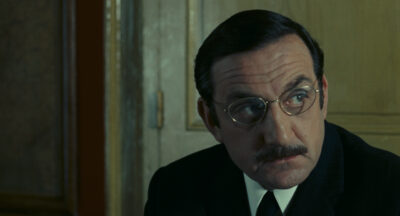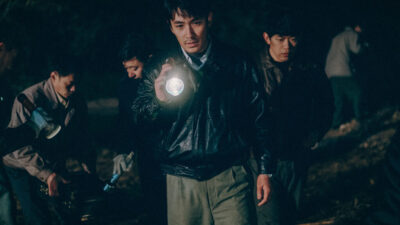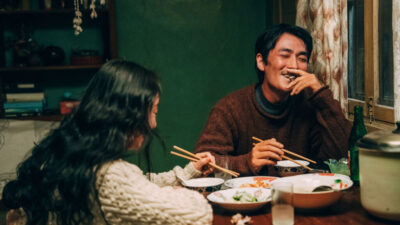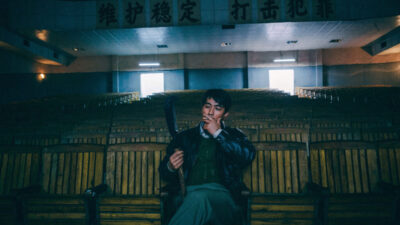Introducing the new video podcast Inside the Arthouse. Hosted by Greg Laemmle, President of Laemmle Theatres, and actor and Emmy award-winning director Raphael Sbarge, Inside the Arthouse is an insider’s perspective on filmmakers and the people responsible for the movies showing on arthouse screens across the U.S.
Episode 101: Merchant Ivory: A Conversation with Stephen Soucy is now live everywhere you get your podcasts.
Laemmle Theatres opens Merchant Ivory this Friday at the Royal/West L.A. and Town Center/Encino. In his Hollywood Reporter review, David Rooney wrote of the film, “anyone with a fondness for…what might be described as a gentlemen guerrilla filmmaking operation will find immense pleasure here.” Merchant Ivory director Stephen Soucy will do in-person Q&As following the 7 PM screenings at the Royal on August 30 and 31. Film critic David Ansen will moderate the Q&A on the 30th.
Learn more about Inside the Arthouse at Insidethearthouse.com.
Follow and Subscribe:





